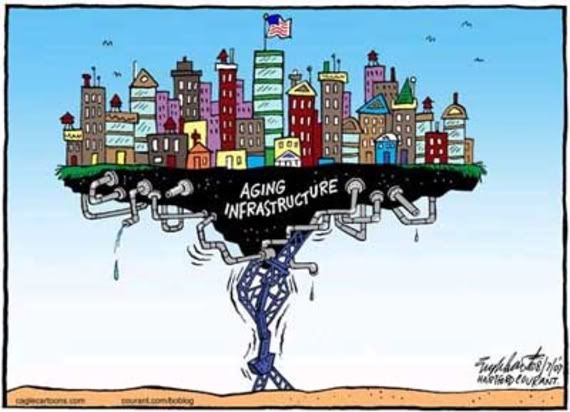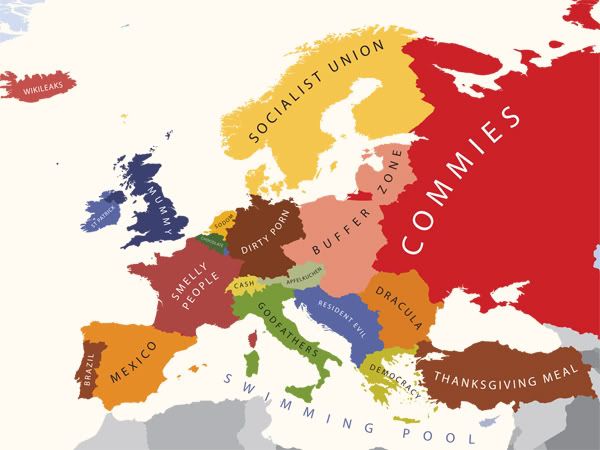BitCoins: The World's 1st Digital Currency
With the current world economic climate, it's becoming clear that the American dollar, among other currencies, is becoming weaker and weaker as our domestic and foreign policies continue to falter. As this happens, inflation rises, prices go up and income goes down, the world looks for a new way to acquire goods. In the beginning days, everyone provided for themselves, and bartered for everything else. If you didn't have it, someone else did, and you'd better have something that they wanted if you wanted it. Then came bullion or gold used as a medium for transaction, where the weight of the gold indicated its value. As the world began to run short of gold, they began using fractional value to create the paper money that we use today. Finally, as paper money grew thin, the credit market arose so that if you didn't have it now, you could pay it back later (debatable). Now that the credit market is beginning to fall apart due to speculation and over-borrowing, it seems as if online is the way to go, as is the case with most things nowadays.
Enter BitCoins: the world's first digital currency. The coins are generated through an algorithm that will only allow for 21 million by 2040. Additionally, bitcoins can’t be frozen (like a PayPal account), can’t be tracked, can’t be taxed and have extremely low costs as opposed to credit. The resulting feeling is that bitcoins will be a viable alternative to physical or credit-based money, given the world governments don't crack down on them, which is becoming more likely as of late. PayPal and the credit card companies have already halted their transfer, as they cannot (or do not want to) exchange currencies legally. Additionally, governments seem poised to take action against them because bitcoins completely eradicate the need to use gold or federally-based forms of currency. Also, at around $6.70 per bitcoin, the average person would never take that risk. Yet the idea is an enthralling one. It's taking the power away from the government and putting it in the hand of the user. Also, it can be used on the black market to buy anything from drugs to playing poker, so the government also has vested interest in taking them out. Overall, I can see this idea only taking shape if governments are willing to admit that their money is losing its worth. Maybe by that time, I'll have saved up enough bitcoins where I won't need dollars...

